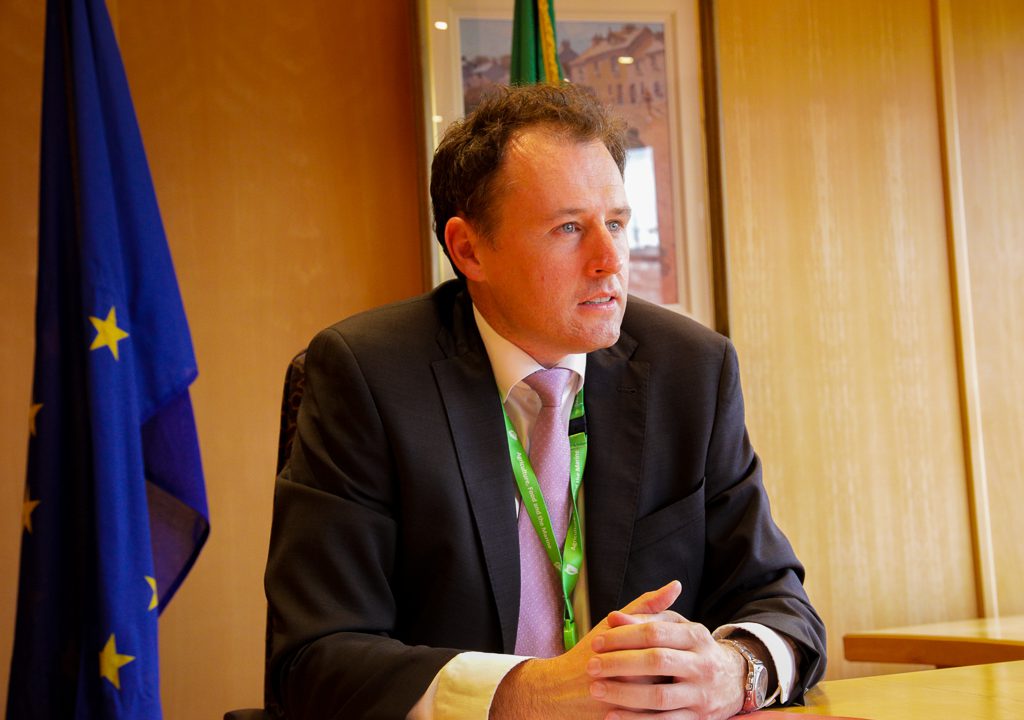Minister for Agriculture, Food and the Marine Charlie McConalogue has outlined €1 million in support for the training of agricultural consultants.
Outlining the support for the training and “continued professional development of agricultural consultants that has been provided in this year’s budget”, the minister said today (Saturday, October 17):
“I was delighted to secure funding for a number of new supports for farmers in this year’s budget.
“As my department rolls out these new initiatives, such as: the programme of farmer training on health and safety; agri-environment measures such as biodiversity training for farmers and on-farm biodiversity studies; the national soil sampling programme; a new results-based pilot project; and new supports for the tillage sector, I expect that the provision of high-quality professional advice will have a key role to play.
Similarly, as we prepare for the introduction of a new Common Agricultural Policy [CAP] to help the sector respond to environmental and economic and social challenges, providing agricultural consultants with the most up to date information available will be a central element of our approach.
The minister confirmed that his department will shortly be consulting with the relevant stakeholders regarding the design and delivery of the training.
€781 million in BPS advance payments commence
Meanwhile, the minister announced yesterday the commencement of advance payments under the 2020 Basic Payment Scheme (BPS) (including Greening).
In his announcement, the minister said: “I am happy to confirm that that advance payments under the BPS, worth €781 million to 118,000 farmers, have commenced today.
These payments are a vital support for farmers across the country and contribute greatly to maximising income and cashflow in the sector in what has been a very challenging year for farmers.”
Highlighting the efficient issuing of scheme payments to farmers as a key priority for his department, the minister added:
“The BPS advance payment is commencing at the earliest date possible under EU regulations. The payment is set at a rate of 70%, which is an increase on the 50% normally allowed under regulation.”
